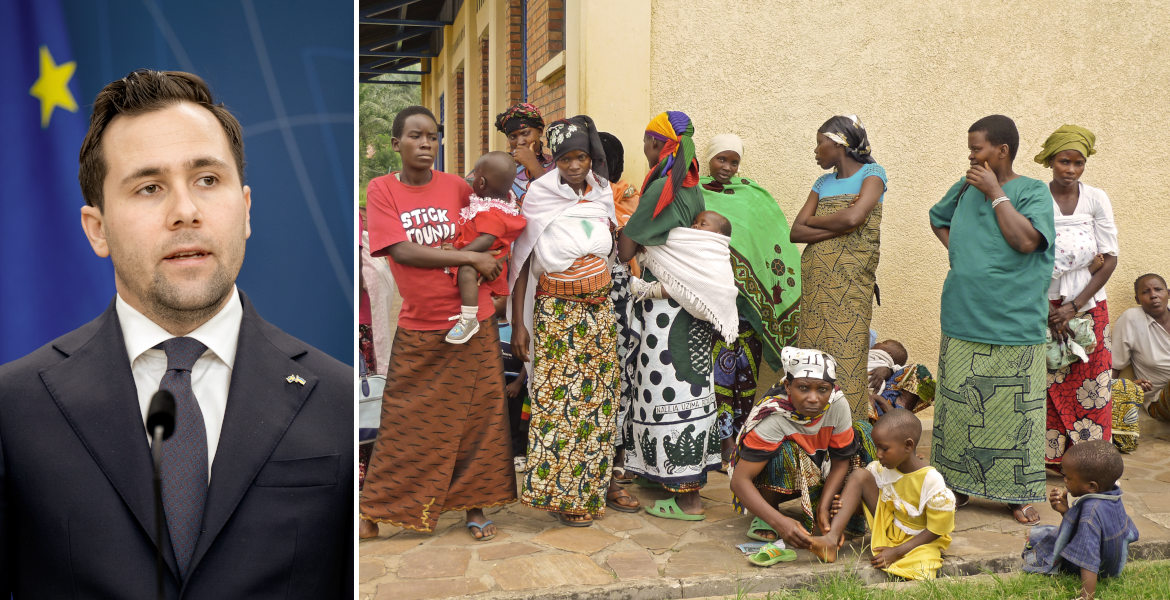180 000 children in Sweden have parents who have a case with Kronofogden, which is the name of the Swedish Enforcement Authority in charge of debt collection. Both the highest and lowest proportion of indebted parents are found in municipalities in Skåne.
Before the summer holidays, many children in Sweden worry about money and food prices, something that has increased significantly since 2022. Children tell how the adults argue more about money and worry about not being able to do anything during the summer’s free weeks, something that we reported on a few days ago.
Every twelfth child in Sweden grows up in a family where at least one parent has debts or ongoing debt restructuring with Kronofogden. This is a figure of 180,000 children, writes Bris (the organization for children’s rights in society) in a press release, which is an increase of 4 percent since last year.
The highest proportion of children with indebted parents can be found in Perstorp municipality in Skåne, where 22.9 percent have cases with Kronofogden. In second place is Ljusnarsberg municipality in Örebro County, where the figure is 21.4 percent. Then comes Bjuv municipality in Skåne. Lomma in Skåne has the lowest rate in the country, 1.7 percent, followed by Danderyd and Vellinge. Unemployment, average income and level of education are also factors that can contribute to the differences.
– In social crises, it is often those with the smallest margins that are hit the hardest. When everything becomes more expensive and more families struggle to make ends meet, children are affected. This can lead to increased anxiety and conflicts at home, and can mean that children’s opportunities to participate in leisure activities and social contexts on equal terms with other children are limited. It is worrying that we now see more children living in families where the money is not enough and we need to see changes to ensure every child’s right to a safe upbringing, says Marie Angsell, expert social worker at Bris.
Since the establishment of the Convention on the Rights of the Child, Kronofogden has become more cautious in decisions where children are involved. This may, for example, involve refraining from seizing assets such as cars or homes in cases where this would worsen living conditions for children.
Bris and Kronofogden also work together to support children who are worried about their family’s finances, primarily by disseminating information to children that they are not alone in their situation and that there is always someone to talk to.








